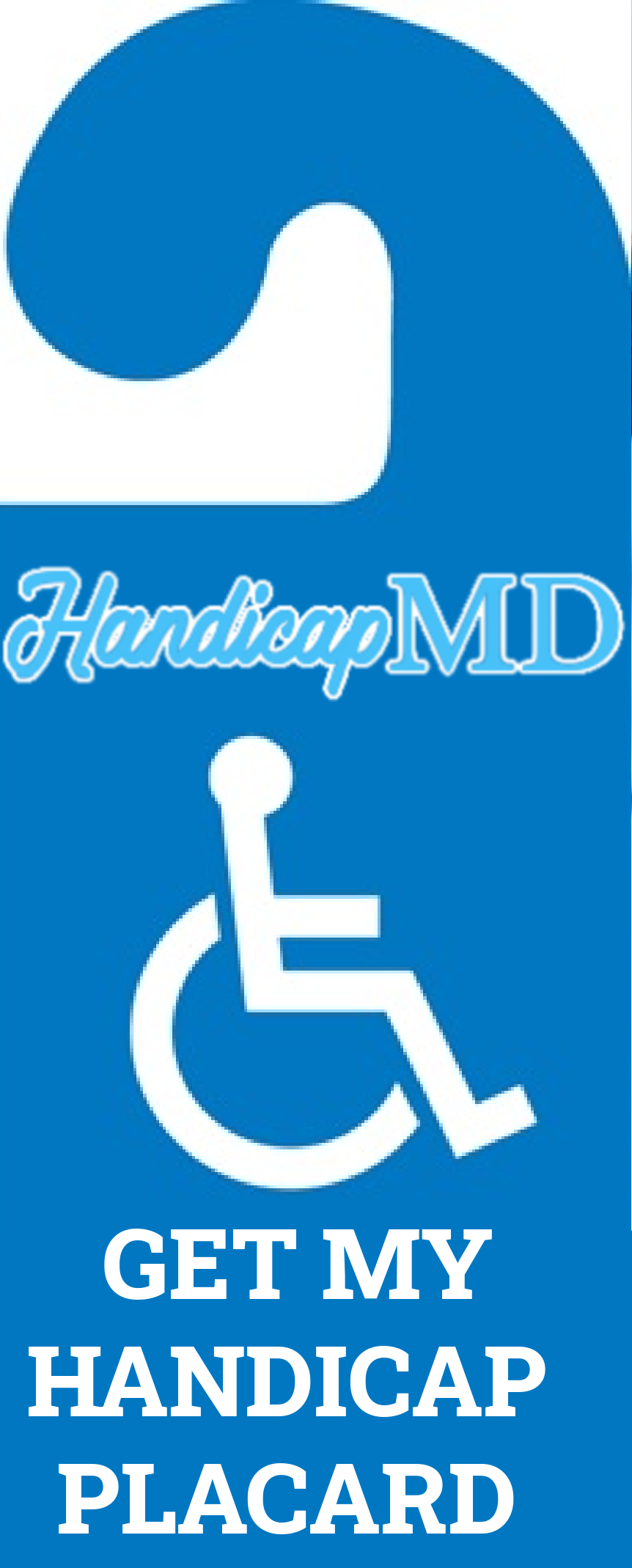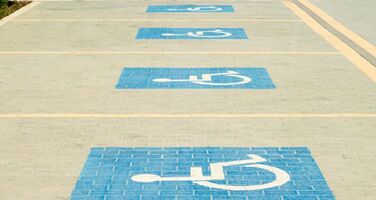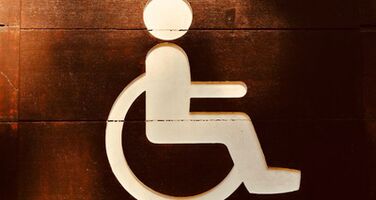
The Impact of Handicap Placard Abuse and How to Report it in Maryland
In this comprehensive guide, we delve into the pressing issue of handicap placard abuse in Maryland. Discover the various facets of this problem, its consequences, and most importantly, how to report it effectively.
Introduction
Handicap permits are a vital resource for individuals with disabilities, providing them with convenient access to parking spaces near facilities. However, the misuse of these placards has become a concerning problem in Maryland. This article aims to shed light on the impact of handicap pass abuse and offers guidance on how to report it. By addressing this issue, we can ensure equal access to parking for everyone who genuinely needs it.
Understanding Handicap Placard Abuse
Disability pass abuse refers to the fraudulent use of parking permits intended for individuals with disabilities. It occurs when people without disabilities use these permits to park in designated accessible spaces. This abuse has wide-ranging consequences, including:
Diminished Accessibility
The abuse of disability passes reduces the availability of parking spaces for those who genuinely require them. This can be especially frustrating and challenging for people with mobility impairments.
Increased Inconvenience
Genuine permit holders often face inconvenience and delays when they can't find an available accessible parking spot due to misuse by others.
Legal Violations
Misusing disability permits is not only unethical but also illegal. Violators can face fines, penalties, and even criminal charges.
Recognizing Disability Placard Abuse
To combat placard abuse effectively, it's essential to recognize the signs:
Inappropriate Use
Watch for individuals who appear to be in good health and don't display any obvious disabilities but use disability parking spaces.
Frequent Abusers
Take note of vehicles that regularly park in accessible spaces with the same disability permit.
Expired Placards
Expired passes should not be used. If you notice one displayed, it might be an indicator of abuse.
Reporting Handicap Pass Abuse
Reporting permit abuse is a crucial step in addressing this issue. Here's how you can do it:
Gather Information
Collect details such as the placard number, vehicle make and model, and the date and time of the incident.
Contact Authorities
Reach out to local law enforcement or the Department of Motor Vehicles (DMV) to report the abuse. Provide them with the gathered information.
Use Online Resources
Many states, including Maryland, have online reporting forms to report placard abuse conveniently.
The Impact on Genuine Users
Understanding the impact of pass abuse on legitimate users is essential:
Physical Strain
Genuine users may have to walk longer distances due to the unavailability of accessible parking spots, causing physical strain.
Emotional Stress
The frustration and inconvenience caused by pass abuse can lead to emotional stress for individuals with disabilities.
Frequently Asked Questions
What are the penalties for disability permit abuse in MD?
Penalties for pass abuse in Maryland can include fines, confiscation of the handicap placard, and legal action depending on the severity of the offense.
Can I report permit abuse anonymously?
Yes, many reporting mechanisms allow you to report abuse anonymously to protect your identity.
How can businesses help combat permit abuse?
Businesses can play a role by monitoring their parking lots and reporting suspected abuse to authorities.
Is permit abuse a common problem in MD?
Yes, like in many other states, pass abuse is a growing issue in Maryland.
Are there any initiatives to combat permit abuse in MD?
Yes, the state government and advocacy groups are actively working to raise awareness and combat pass abuse.
What can I do as an individual to address this issue?
You can report abuse when you witness it, support awareness campaigns, and encourage businesses to take action against abuse.
Conclusion
The impact of handicap placard abuse in Maryland is a serious concern that affects the accessibility and well-being of individuals with disabilities. By recognizing the signs of abuse, reporting incidents, and raising awareness, we can collectively combat this problem. Let's work together to ensure that accessible parking spaces are available to those who truly need them.
.png)






